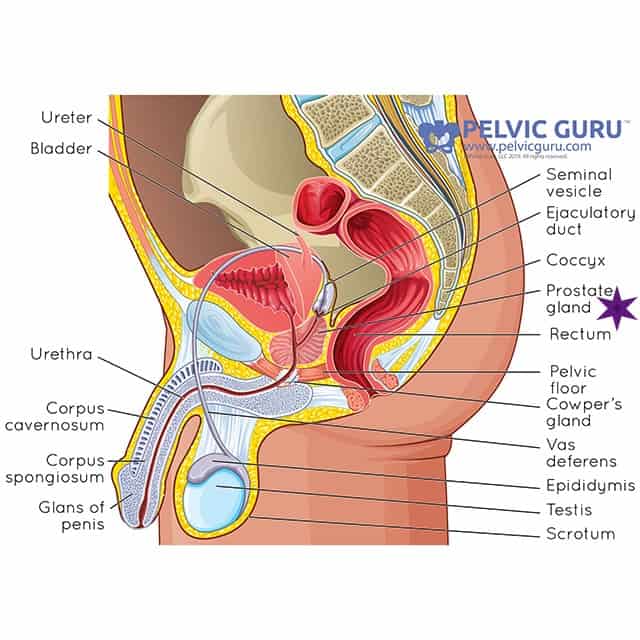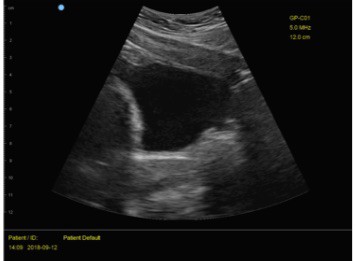Prostate Cancer Awareness Month

September is National Prostate Cancer Awareness Month. Over 174,000 men will be diagnosed with prostate cancer this year. In localized prostate cancer (the cancer remains in the prostate), the survival rate is nearly 100%. Early detection is essential so it’s important to maintain yearly checkups with your physician. Over 31,000 men die from this disease every year and in almost every circumstance it is usually because the cancer has spread or metastasized to other parts of the body. When this occurs treatment is generally more complicated.
Prostate cancer is more commonly diagnosed in men over 65 but it can occur at any age. The rates increase from 1 in 450 men under age 50 to 1 in 20 for men ages 60-69. Many factors including genetics and environmental factors play a role.
1 in 8 men will be diagnosed with it at some point in their life.
What is the Prostate?

The prostate is a small gland in males that produces seminal fluid. Seminal fluid nourishes and transports sperm through the urethra during ejaculation. Semen also protects the urethra and urinary tract from bacteria. It is about the size of a walnut or ping pong ball. The prostate generally found right in front of the rectum. Most prostate cancer starts near this region which is why a physician may perform a digital rectum exam as a screening tool.
Prostate cancer is unfortunately one of the most common types of cancer. Many prostate cancers grow slowly and are confined to the prostate gland and might not even cause serious harm.
Even though there are types that may not cause harm and might not need treatment, there are also types that can be aggressive and can spread fairly quickly. If detected early, there is a significantly better chance for successful treatment.
Signs and Symptoms
- Trouble urinating
- Decreased force in the stream of urine
- Blood in the urine
- Blood in the semen
- Bone pain
- Losing weight without trying
- Erectile dysfunction
Complications of Prostate Cancer
- The cancer metastasizes, most commonly to lymph nodes and bone
- Incontinence
- Erectile dysfunction
How can Physical Therapy Help?
Physical therapists can help with pelvic floor muscle training to restore any deconditioning that may have occurred due to the cancer itself or cancer treatment. Treatment can be inclusive of the following:
- Improvement of urinary control by increasing strength, endurance and coordination of the pelvic floor muscles.
- Electrical stimulation or biofeedback to improve pelvic floor muscle training.
- Targeted aerobic training, overall body strengthening exercises for prevention and management of cancer related fatigue.
If you have any questions, please feel free to reach out to our office.







